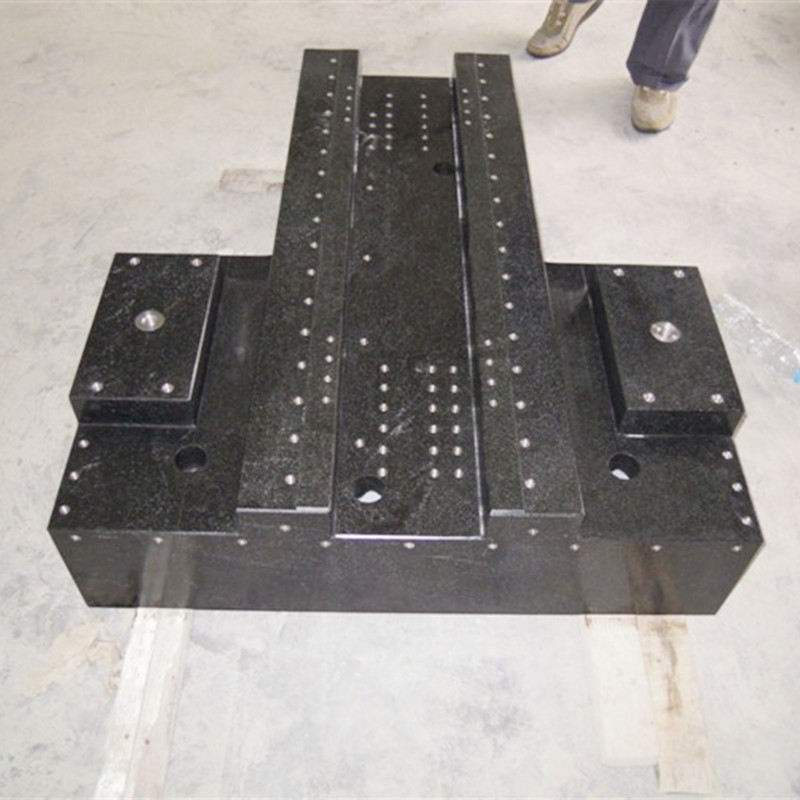დეკ . 14, 2024 18:32 Back to list
Pressure Regulating Water Valve for Efficient Flow Control and System Performance
The Role of Pressure Water Valves in Modern Fluid Systems
In the intricate world of fluid dynamics, pressure water valves serve a crucial function in the management and control of liquid flow. These devices are essential in a variety of applications, from domestic water systems to large-scale industrial processes. Understanding the mechanics, application, and advantages of pressure water valves can provide valuable insights into their importance in promoting efficiency, safety, and optimal performance in fluid systems.
What is a Pressure Water Valve?
A pressure water valve is a device designed to regulate the pressure of water in a system, ensuring that it remains within specified limits. These valves are critical in preventing pipe bursts, leaks, and other failures that can occur due to excessive pressure. They come in various types, including pressure relief valves, pressure reducing valves, and suction pressure valves, each serving a specific function.
- Pressure Relief Valves These valves act as a safety mechanism, automatically releasing pressure when it exceeds a predetermined level. This is crucial in protecting equipment and maintaining system integrity, especially in high-pressure industrial applications.
- Pressure Reducing Valves These valves lower the incoming pressure from a source to a usable level for downstream operations. They are commonly used in residential plumbing systems, where municipal water pressure may be too high for safe usage in homes.
- Suction Pressure Valves These valves help control the pressure within a vacuum system or a suction line, essential in applications where fluids need to be drawn from storage tanks or reservoirs.
Importance of Pressure Control
Effective pressure control is paramount for maintaining the efficiency and reliability of fluid systems. Too much pressure can lead to catastrophic failures, such as ruptured pipes, damaged equipment, and even safety hazards. Conversely, too little pressure can result in inadequate flow rates and reduced overall performance.
Pressure water valves contribute to achieving optimal flow rates and pressures, allowing for smoother operations across various applications, including irrigation systems, fire protection systems, and heating infrastructure. Furthermore, these valves help conserve energy by enabling systems to operate at their most efficient pressures, reducing unnecessary energy consumption.
Applications of Pressure Water Valves
The versatility of pressure water valves allows them to be utilized across a wide range of sectors
pressure water valve

1. Residential Plumbing In homes, pressure reducing valves ensure that the water entering the plumbing system is at a safe and manageable level. This not only protects pipes and fixtures but also improves water usage efficiency.
2. Agriculture These valves are integral in irrigation systems, helping to regulate water pressure and ensuring that crops receive the appropriate amount of water without risk of flooding or drought.
3. Industrial Settings In manufacturing and processing plants, pressure relief valves play a critical role in maintaining safe operational pressures in boilers, storage tanks, and pipelines, minimizing the risk of accidents.
4. Fire Protection Systems Pressure water valves ensure that fire suppression systems function correctly by maintaining the necessary pressure in water storage systems and distribution lines, readily delivering water when needed.
Advantages of Using Pressure Water Valves
Incorporating pressure water valves offers several benefits
- Enhanced Safety By mitigating the risk of overpressure situations, these valves help protect both personnel and equipment.
- Increased Efficiency Proper pressure management leads to optimized fluid flow, reduced energy consumption, and prolonged equipment lifespan.
- Cost Savings By preventing leaks and equipment failures, pressure water valves help organizations save on costly repairs and maintenance.
- Sustainability Efficient water management contributes to more sustainable practices by ensuring that water resources are used judiciously.
Conclusion
As fluid systems continue to evolve and expand across various industries, the role of pressure water valves becomes increasingly vital. Their capacity to manage pressure effectively not only enhances safety and operational efficiency but also fosters sustainable practices in water usage. Understanding and implementing the right types of pressure water valves can lead to significant improvements in both residential and industrial environments, making them indispensable tools in fluid management.
-
Why Metric Trapezoidal Thread is Ideal for Precision Motion ControlNewsAug.05,2025
-
The Unique Properties of a Block of Granite for Industrial UseNewsAug.05,2025
-
The Role of Flanged Y Strainers in Preventing Pipeline ClogsNewsAug.05,2025
-
The Importance of Regular Calibration for Master Ring GagesNewsAug.05,2025
-
How a Cast Iron Surface Table Enhances Accuracy in ManufacturingNewsAug.05,2025
-
Comparing Different Check Valve Types for Optimal Flow ControlNewsAug.05,2025
Related PRODUCTS









